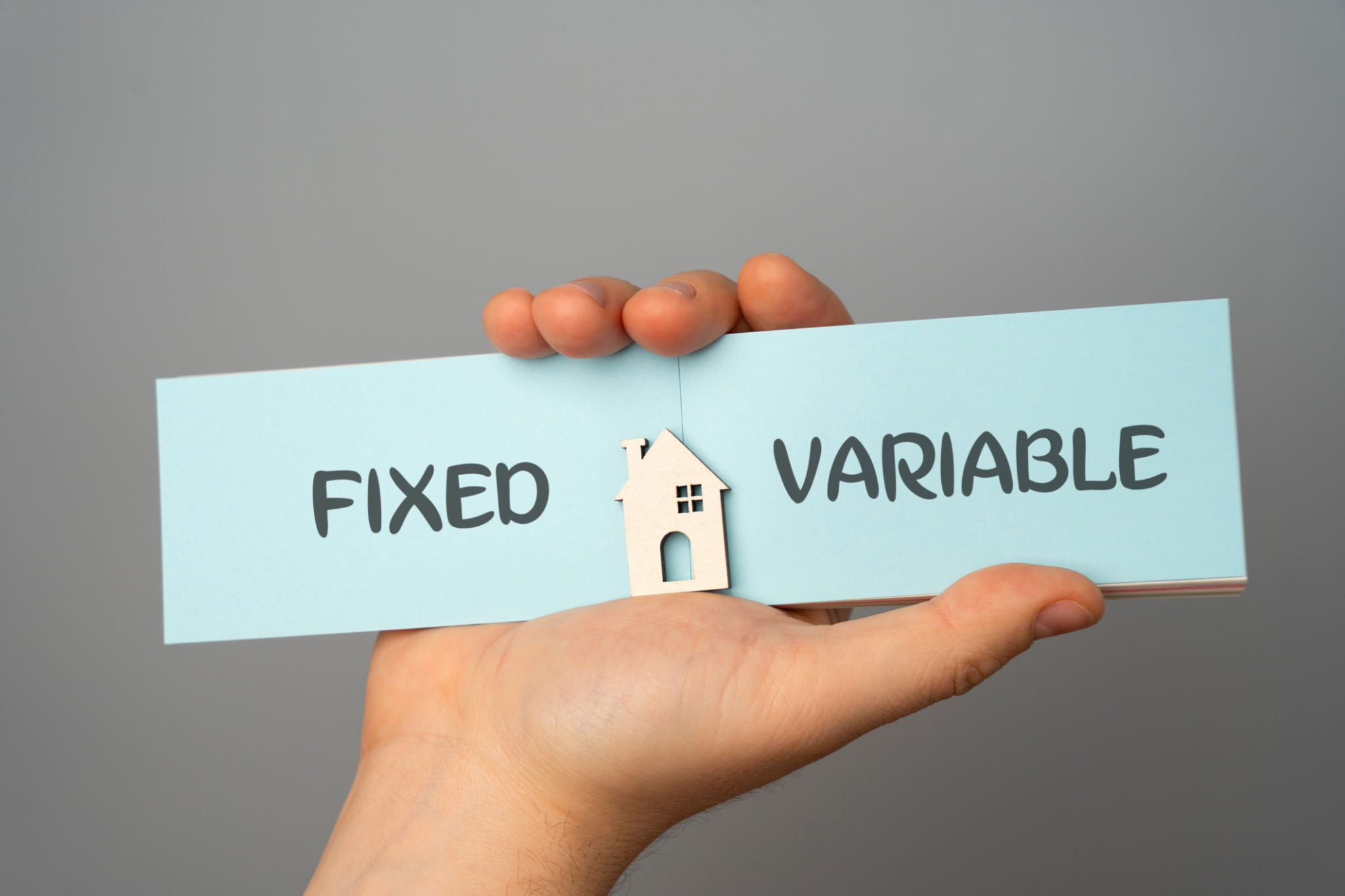Comparing Fixed vs. Variable Rate Mortgages: Which is Right for You?
Understanding Fixed Rate Mortgages
When considering a mortgage, one of the first decisions you'll need to make is whether to choose a fixed rate or variable rate mortgage. A fixed rate mortgage offers an interest rate that remains constant throughout the loan term. This means your monthly payments will remain the same, providing predictability and stability in your budgeting.
Fixed rate mortgages are particularly appealing during periods of low interest rates, as you can lock in a low rate for the duration of your loan. They are typically available in terms ranging from 10 to 30 years, allowing flexibility depending on your financial goals.

Advantages of Fixed Rate Mortgages
One of the primary advantages of a fixed rate mortgage is the peace of mind it offers. Knowing your mortgage payment will not change allows for easier long-term financial planning. Additionally, these mortgages can be particularly beneficial if you plan to stay in your home for a long time, as they protect against potential interest rate increases.
- Predictability in monthly payments
- Protection against rising interest rates
- Stability for long-term homeowners
Exploring Variable Rate Mortgages
A variable rate mortgage, also known as an adjustable rate mortgage (ARM), has an interest rate that can fluctuate over time. Initially, variable rate mortgages often offer lower interest rates compared to fixed rate mortgages, which can lead to lower initial payments.
The interest rate on a variable mortgage is usually tied to a benchmark rate and will adjust at set intervals. While this can mean lower payments initially, there is a risk that rates will increase over time, leading to higher payments.

Benefits of Variable Rate Mortgages
Variable rate mortgages are attractive for those who plan to sell or refinance before the initial lower rate period ends. They can also be beneficial in a declining interest rate environment, potentially lowering your payments if rates drop.
- Lower initial interest rates
- Potential savings if rates decrease
- Flexibility for short-term homeowners or those planning to refinance
Factors to Consider When Choosing
Deciding between a fixed and variable rate mortgage requires careful consideration of various factors. Your financial situation, future plans, and risk tolerance all play significant roles in determining which option is best for you.
If you prioritize stability and plan to stay in your home for many years, a fixed rate mortgage may be the better choice. However, if you're comfortable with some level of risk and anticipate changes in your circumstances, a variable rate mortgage might offer cost savings.

Making the Right Choice
Ultimately, the decision between a fixed and variable rate mortgage depends on your personal financial goals and market conditions. Consulting with a financial advisor or mortgage professional can provide valuable insights tailored to your unique situation, helping you make an informed decision that aligns with your long-term objectives.